Insomnia is dissatisfaction with sleep quantity or quality with complaints of difficulty initiating or maintaining sleep. Sleep impairments have significant impacts on social, occupational, or other important areas of functioning. Difficulty maintaining sleep is the most common single symptom of insomnia, followed by difficulty falling asleep. A combination of the two is the most common presentation of insomnia. The onset of insomnia can occur at any time during someone’s life but the first episode is most commonly in young adulthood. Sleep often becomes less restful as people age, so noise or other changes in the environment are more likely to impact sleep. With age, the internal clock often advances, so you get tired earlier in the evening and wake up earlier in the morning. But older people generally still need the same amount of sleep as younger people do. Other changes that occur with age that can cause insomnia are changes in health, sleep patterns, and changes in activity. Insomnia can be characterized based on its duration.
The National Institutes of Health estimates that roughly 30 percent of the general population complains of sleep disruption and approximately 10 percent have associated symptoms of daytime functional impairment consistent with the diagnosis of insomnia. Most cases of insomnia are related to poor sleep habits, depression, anxiety, lack of exercise, chronic illness, or certain medications.
There are specifiers identified in the Diagnostic and Statistical Manual of Mental Disorders related to insomnia:
The Diagnostic and Statistical Manual of Mental Disorders also identifies different manifestations of insomnia that occur at different times of the sleep period:
There are various causes for insomnia, all depending on the person and situation. Stress can be a major source of insomnia. Concerns about finances, trauma, stressful life situations, family, work, health, etc., can keep an individual’s mind active at night, making it difficult to sleep. If an individual travels a lot or has a busy work schedule (jet lag, changing shifts, or traveling across multiple time zones), disrupting the body’s circadian rhythms can lead to insomnia. Circadian rhythms act as an internal clock, guiding such things as the sleep-wake cycle, metabolism, and body temperature. Eating late at night can cause insomnia because it can cause physical uncomfortableness due to how the food is being digested. Poor sleeping habits like stimulating activities before bed, watching tv, or other screen time before bedtime, naps, or irregular sleeping schedules may also cause insomnia.
Other causes of insomnia could be associated with medical conditions or the use of certain drugs or medications. This can include medications for blood pressure or antidepressants and medical conditions like heart disease or asthma. Mental health disorders like depression, anxiety, and post-traumatic stress disorder, may disrupt sleep. Other sleep-wake disorders can also cause insomnia. This can include but is not limited to restless leg syndrome, or sleep apnea can prevent individuals from falling asleep. The intake of stimulants like drinking coffee or nicotine has also been a hindrance to falling asleep or staying asleep.
To be diagnosed with Insomnia, according to the Diagnostic and Statistical Manual of Mental Disorders, the following criteria must be met:
If a loved one displays symptoms of insomnia it is important to recommend that they visit their current doctor and request an evaluation. While preventing someone from developing insomnia is not possible, providing support and information on treating insomnia is. Insomnia is very common, and reassuring loved ones that there is treatment and that they are not alone in their experience can be helpful.
Treatment for insomnia can include behavioral, psychological, medical components, or some combination thereof, but it is usually treatable. It is important to distinguish the best course of treatment individually.
Lifestyle Changes
A significant treatment for insomnia is lifestyle changes. Doing things like making sure not to eat heavily before bedtime, finding ways to relax, not staying in bed when you are not sleeping, avoiding the intake of stimulants before bed, and eliminating screen time before bedtime are all ways to change sleeping habits. Remaining active and sticking to a sleep schedule constantly may improve an individual’s sleeping habits. If an individual is taking medications, it is important to know the side effects of the medication.
Medication Management
Various prescription sleeping pills can assist with falling asleep and/or staying asleep. It is not advised to rely on prescription sleeping pills to sleep, but some are used for long-term use. It is important to consult with a doctor when using sleeping pills as they do have side effects like daytime grogginess. Taking over-the-counter non-prescription sleeping pills is not intended for regular use and may cause side effects like dizziness, difficulty urinating, daytime sleepiness, etc. Please consult with a doctor before taking any kind of sleeping pills.
Cognitive Behavioral Therapy for Insomnia (CBT-I)
Cognitive-behavioral therapy for insomnia is a common form of treatment for insomnia, as it can teach individuals how to control or eliminate thoughts that can cause individuals not to stay asleep or fall asleep. CBT-I teaches individuals how to develop good sleeping habits and behaviors that will assist with sleeping habits. Some strategies learned are relaxation techniques or sleep restriction (controlling naps, changing the amount of time spent in bed, etc).
Alternative Medicine
There are other ways to treat insomnia that people try like using meditation or yoga to calm the mind and reduce stress. Other ways include the use of an over-the-counter supplement, melatonin, or other dietary supplements like valerian. Discuss with a doctor before using melatonin or valerian as they have various side effects.
We understand that reaching out for help with insomnia can be a significant step. Our team is here to support you throughout the process. To begin your journey towards restful sleep and improved well-being, schedule an appointment online today.





































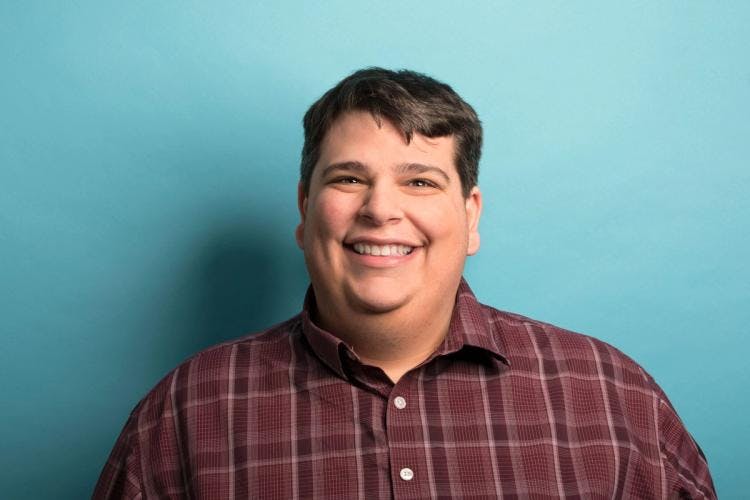


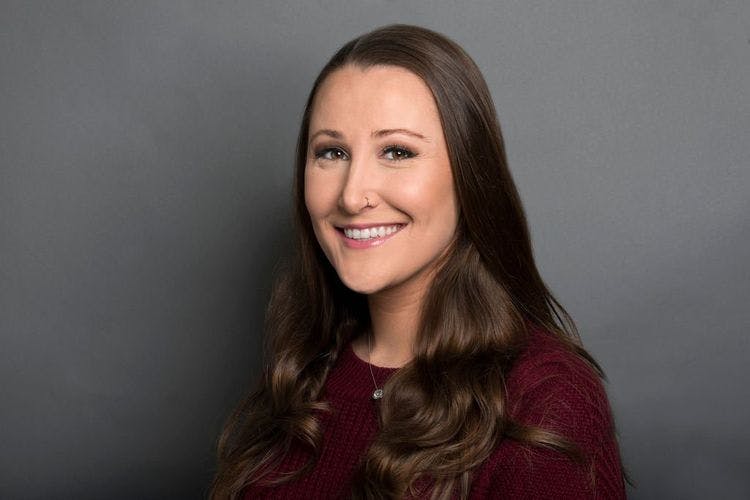












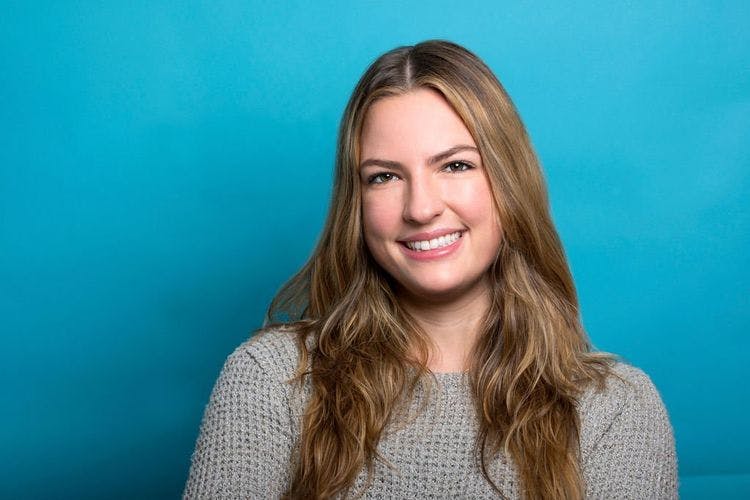

























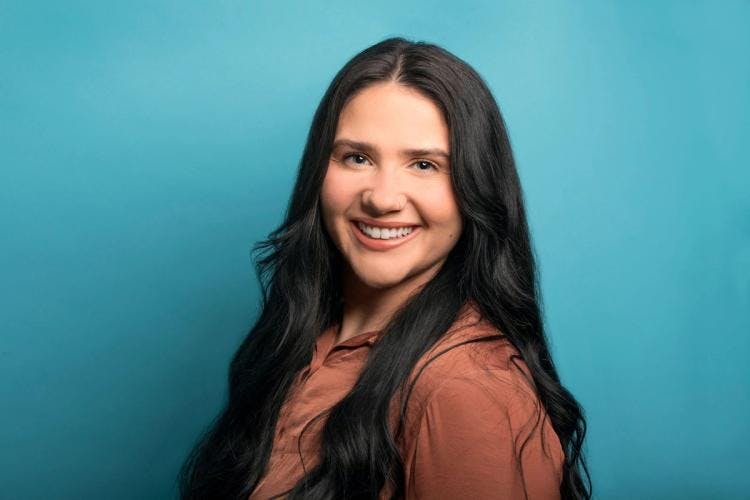

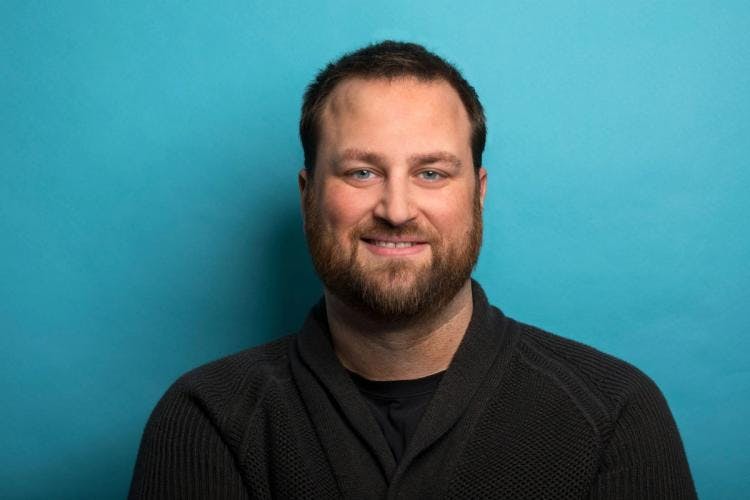





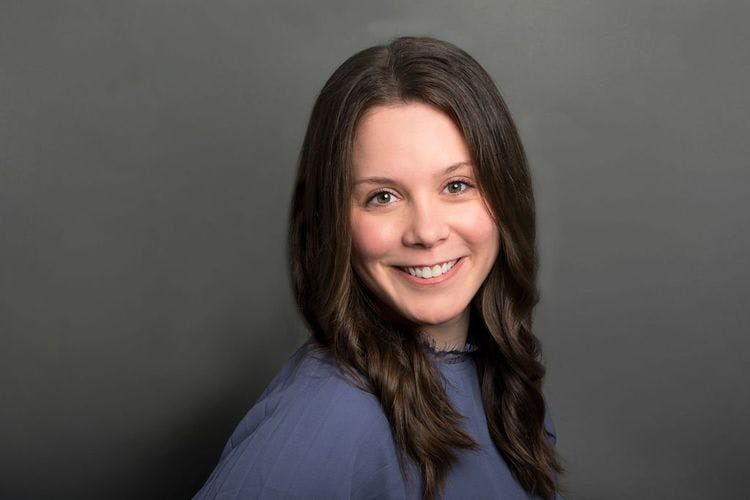



Our Services
Virtual/Online CarePHP and IOPAdult PsychiatryChild & Adolescent PsychiatryAdult TherapyChild & Adolescent TherapyCouples CounselingFamily TherapyGroup TherapyPsychological TestingTranscranial Magnetic Stimulation (TMS)